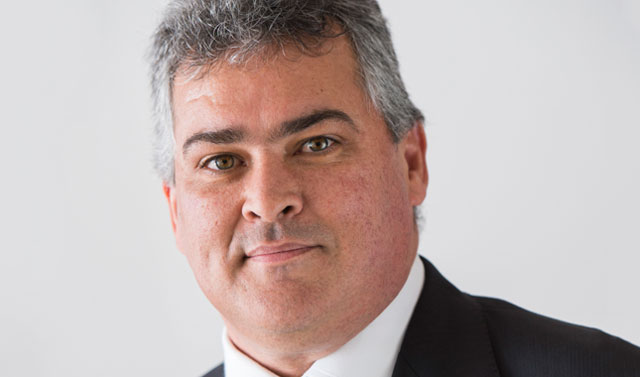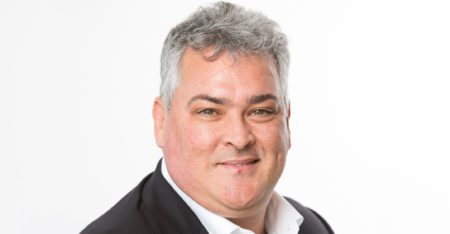
Britain’s BT Group, through its BT Global Services arm, is set to ramp up investment in sub-Saharan Africa, expanding into markets in West and East Africa as it seeks to tap into growth opportunities in the business services market.
Oliver Fortuin, MD of BT Global Services in sub-Saharan Africa, said the expansion will be driven from the Johannesburg office. The company has long had a significant presence in South Africa, with the local office supporting the entire region as well as Israel.
“In the rest of Africa, we are starting to build out points of presence. We have POPs in Nigeria, Kenya and Ghana and we are about to build second POPs in Nigeria and in Kenya,” Fortuin said.
He said the investment forms part of a five-year Africa expansion strategy that involves key markets on the continent. The markets are Nigeria, Kenya, Mozambique and Tanzania. Uganda is also a potential investment destination.
In Nigeria, BT Global Services has historically had only one person on the ground serving three clients. That office has now been expanded to five people, and over time Fortuin believes it will eventually have more than 200 employees servicing the country. At that size, it will begin to rival South Africa, where BT employs about 300 people.
Despite the economic difficulties Nigeria is experiencing, Fortuin believes the country remains an attractive long-term investment destination given its size and its growth potential.
“There is more business happening in these markets than you might think,” he said.
He emphasised, however, that BT is not interested in launching retail consumer telecommunications offerings in any of the markets. Rather, its focus is strictly on serving the enterprise market.
It will, however, consider deploying infrastructure in key markets. “We need critical mass to justify it. Both Nigeria and Kenya will be interesting in this regard in the next three years,” he said.
“We will build POPs, we will own the network management layer and all the infrastructure that sits on top of the network. In our plan, in each of the markets that are core, we will own multiple POPs.”
In South Africa, BT operates five POPs and has invested in its own fibre network in partnership with FibreCo. It also carries international network traffic to and from South Africa.
Fortuin said that 10 years ago, BT’s main business in Africa was serving global customers with local offices. In South Africa, that has changed significantly. “We are now driving into domestic markets across Africa,” he said.
“BT has a positive disposition towards Africa. It sees a good long-term picture in Africa,” he added.
“The African story is getting more and more positive. We tend to take two steps forward and one step back, but we are getting there incrementally. There is better governance and fewer wars. As South Africans, our lens tends to get distorted by local politics. East Africa is positioning itself as an ICT hub. If you persist and invest enough, good things happen, and Africa is starting to do that now.” — © 2016 NewsCentral Media




